Brain’s reward region may drive social problems in autism
Having too many copies of an autism gene called UBE3A mutes a brain region that may mediate the satisfaction a person derives from social interactions.
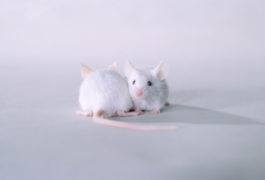
Having too many copies of an autism gene called UBE3A mutes a brain region that may mediate the satisfaction a person derives from social interactions.
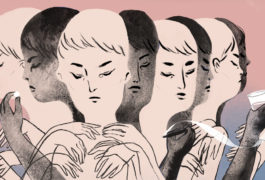
Conventional wisdom holds that people with autism don’t get hooked on alcohol or other drugs, but new evidence suggests otherwise.

Watch the complete replay of Geoff Bird’s webinar on the similarities and differences between autism and alexithymia.
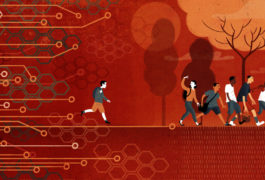
Apps, robots and brain imaging can help children with autism improve their social skills and connect with other people.

Patterns of activity in certain brain regions may predict how well a child with autism will respond to a behavioral therapy.

Children with autism may be so consumed by their interests that they don’t pay attention to social information.
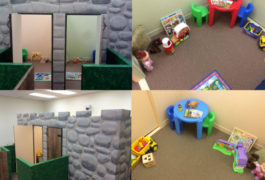
A half-hour-long ‘playdate’ between a toddler and an adult could help answer a long-standing question about the social deficits that accompany autism.
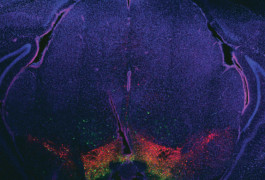
Mice with mutations in SHANK3, a leading autism candidate, may lack the neural wiring that would compel them to seek social contact.
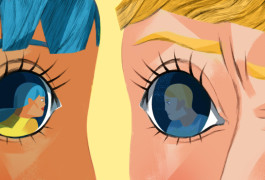
The notion that people with autism lack empathy and cannot recognize other people’s feelings is wrong.

Clinicians can use play to deliver therapies that could improve a child’s social skills, language and certain cognitive capacities.